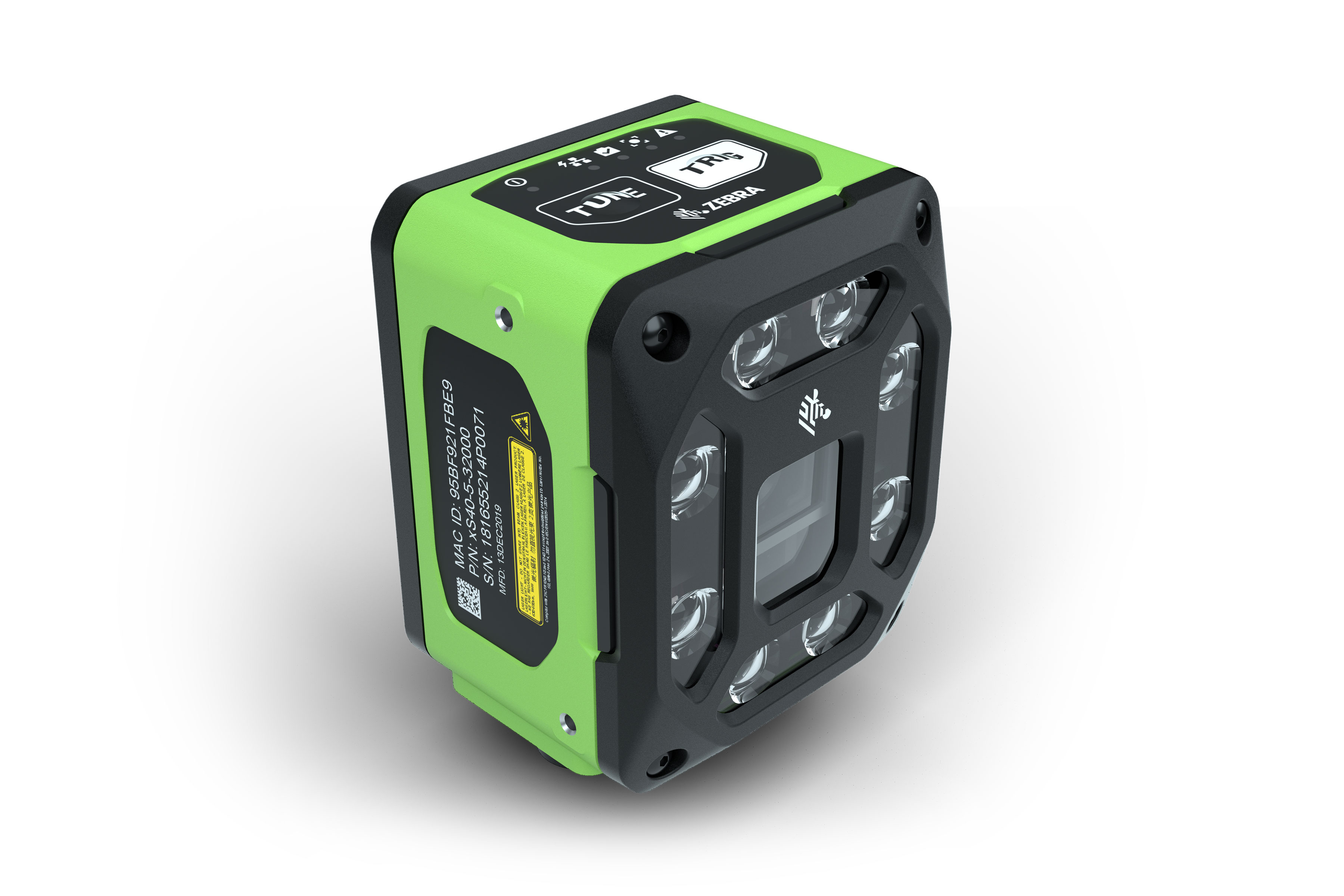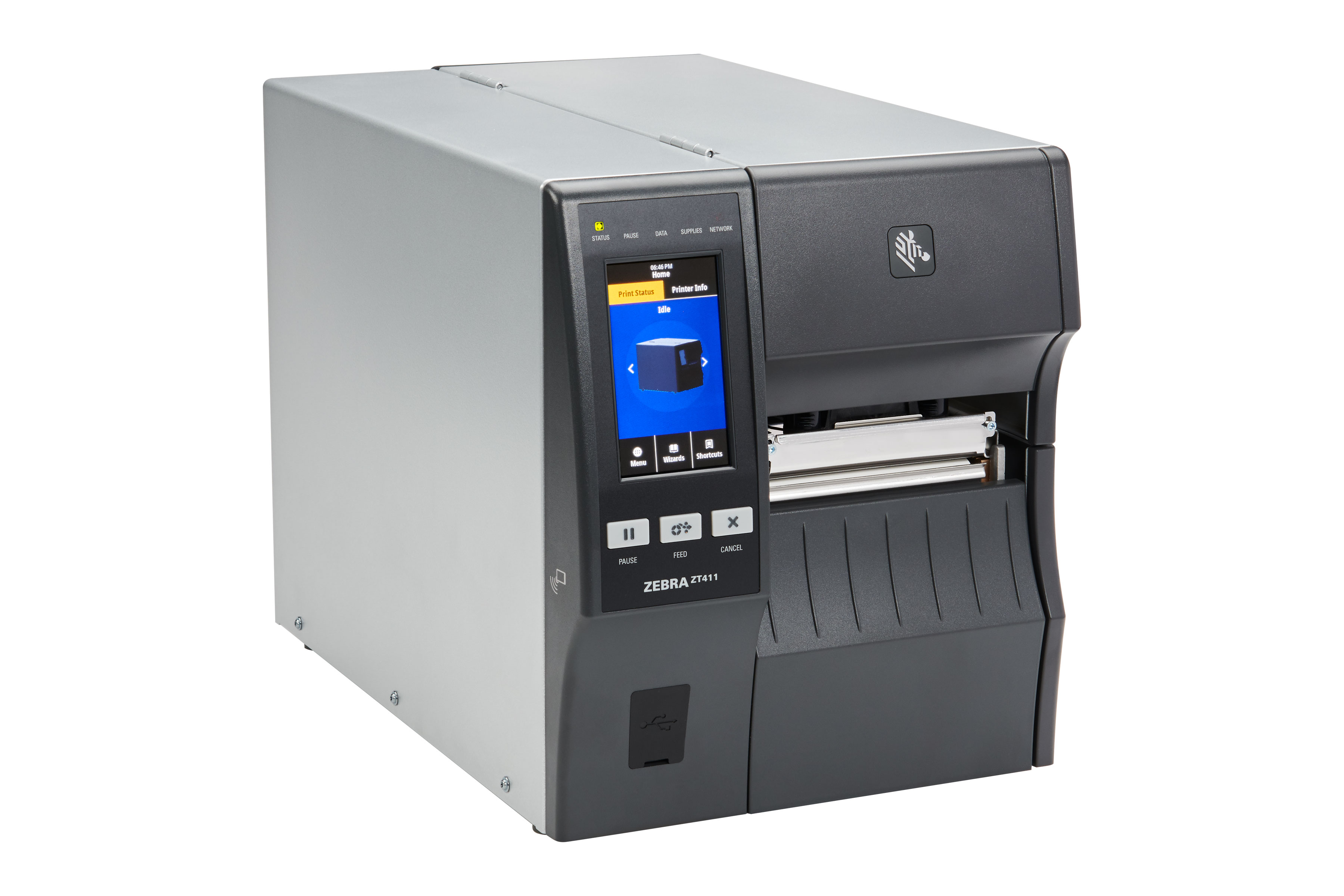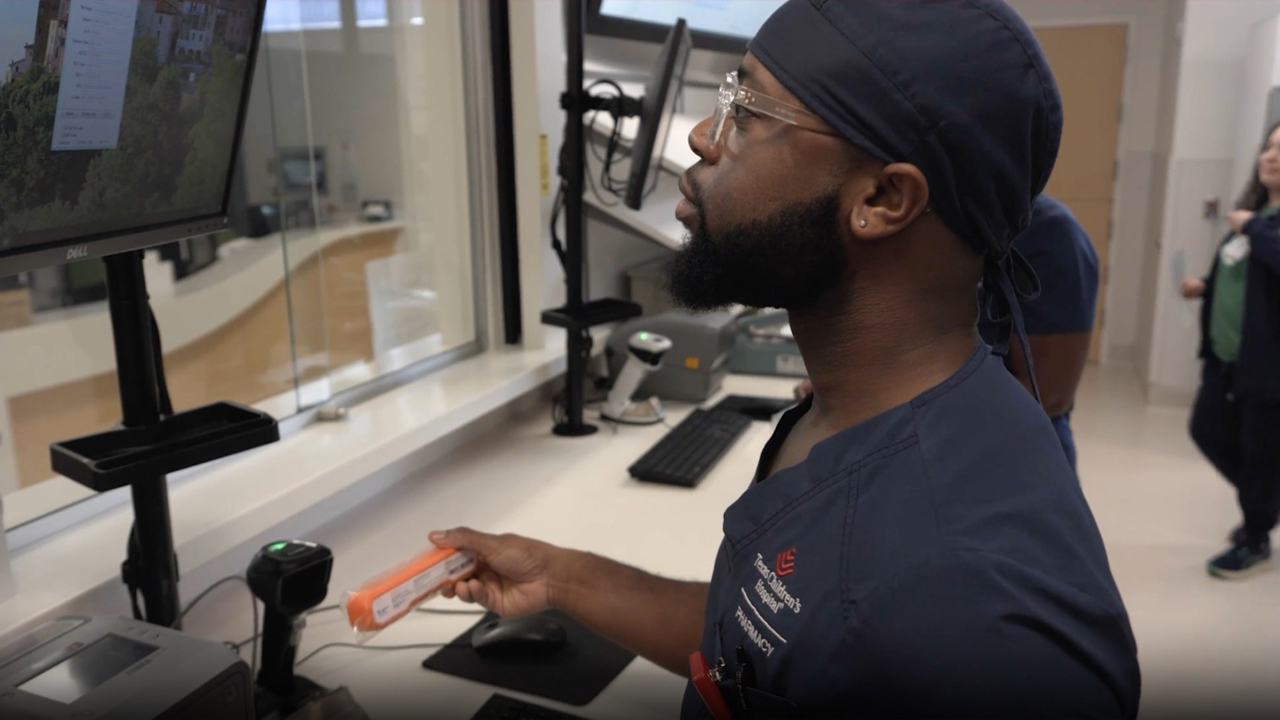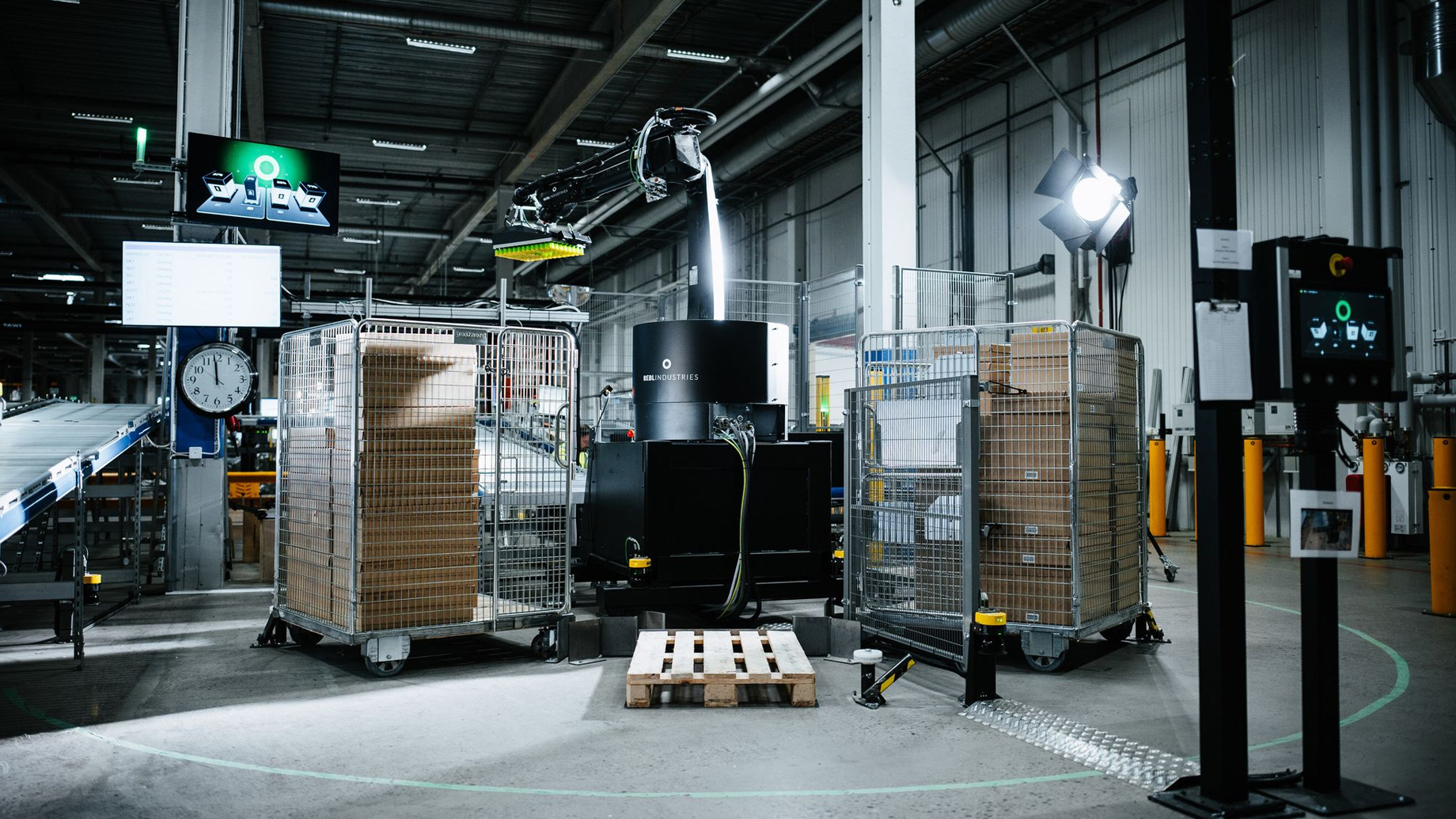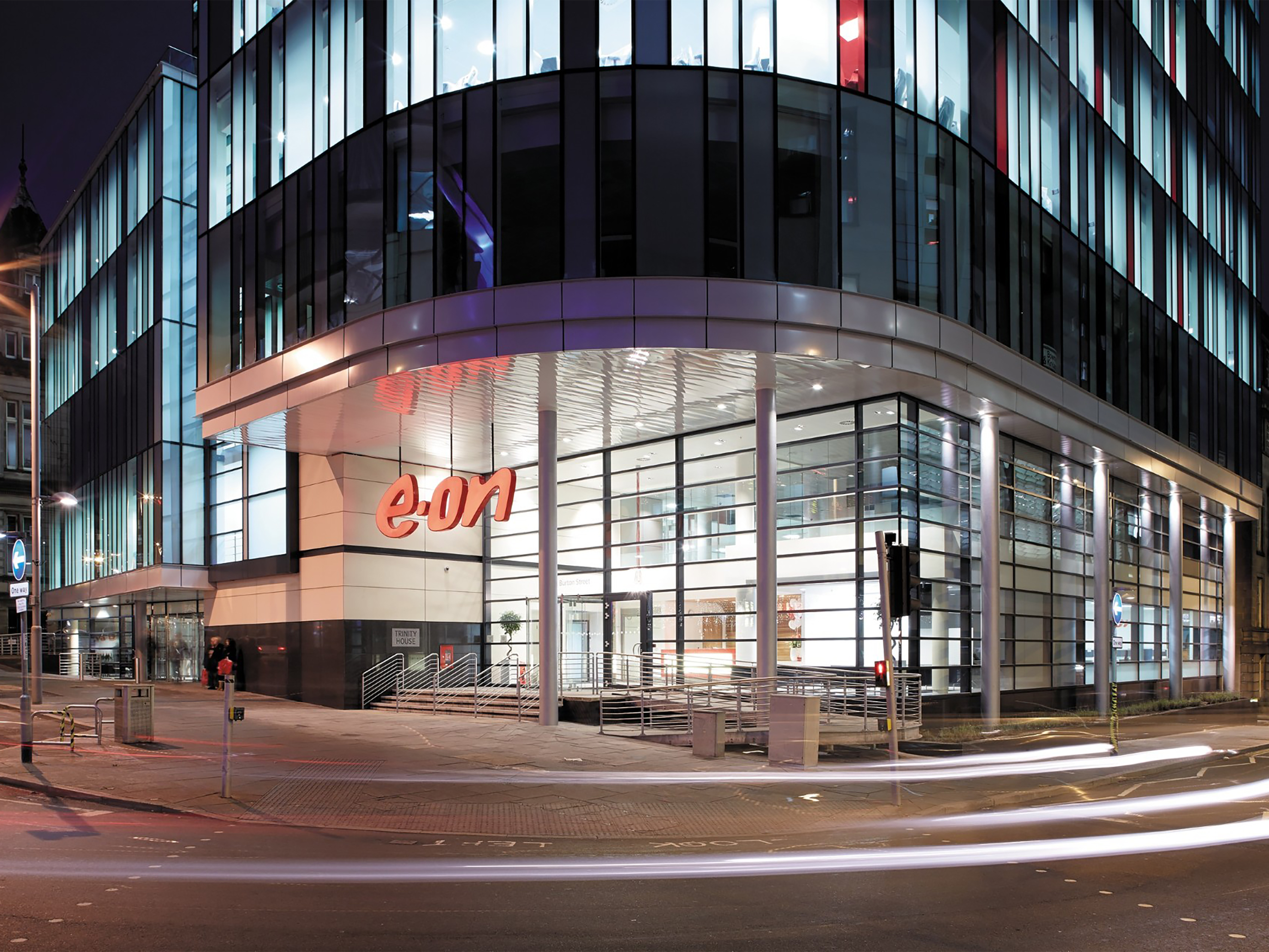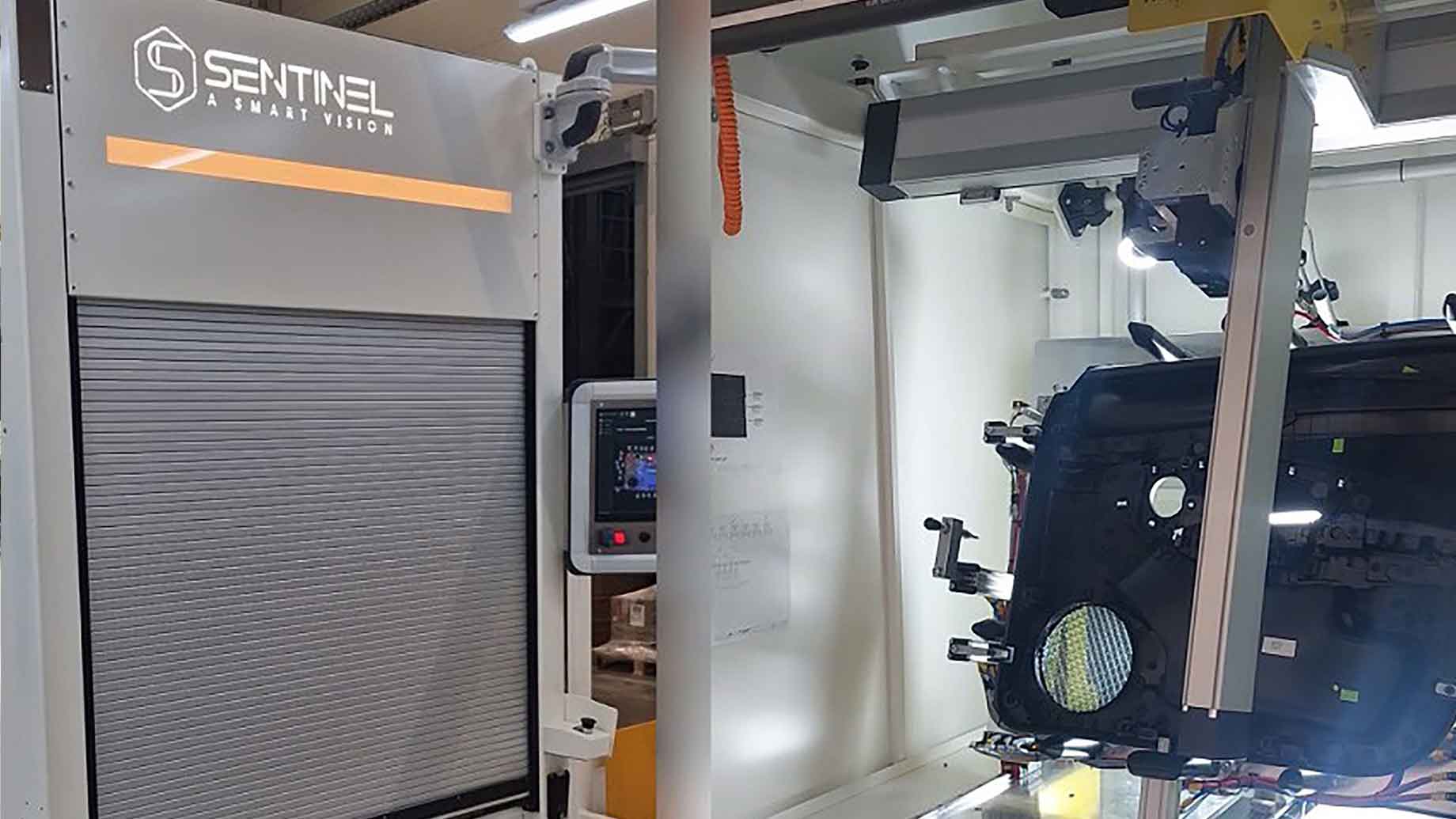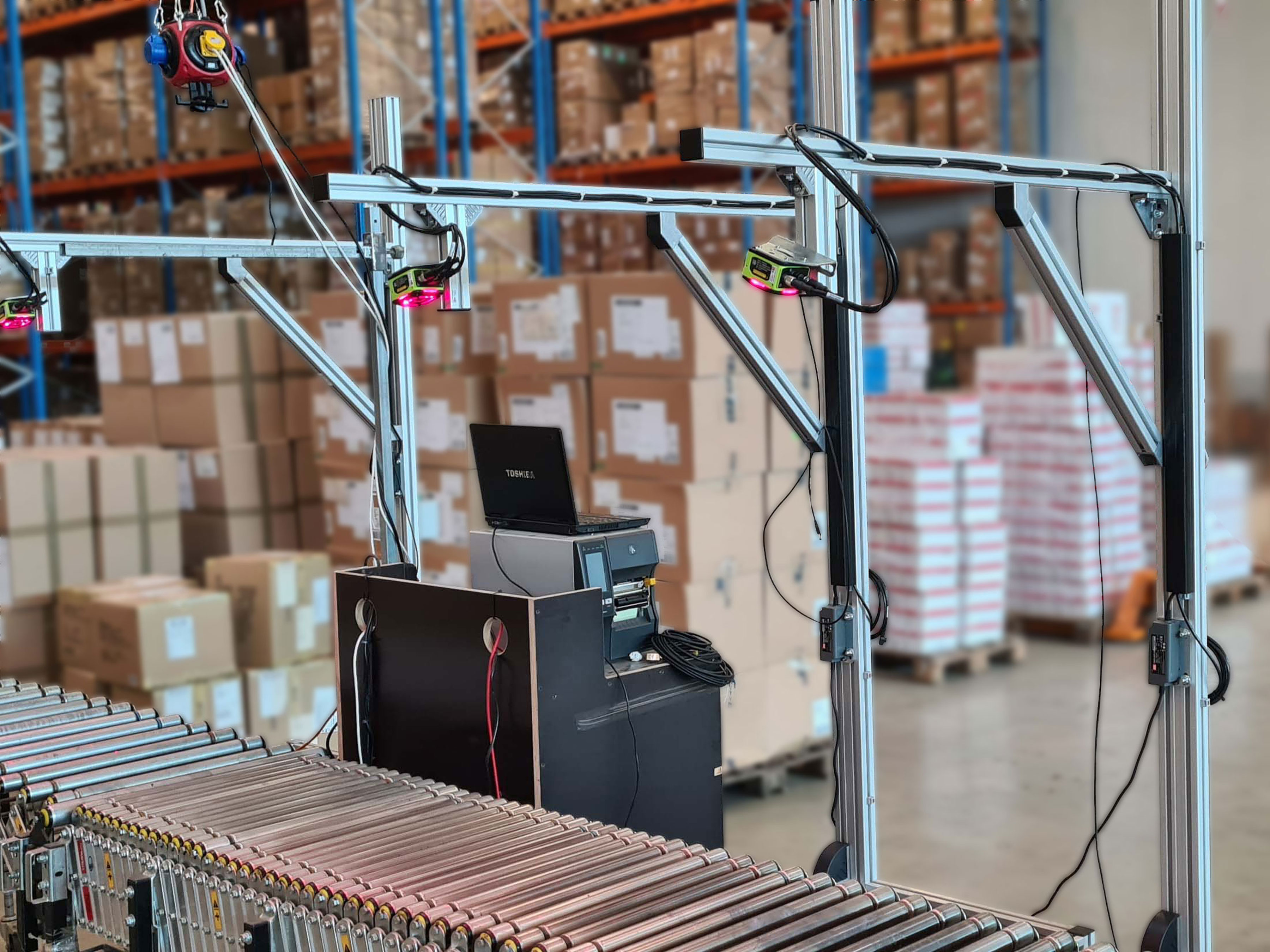
The Noerpel Group Accelerates Goods Receipt and Onward Handling
The Noerpel Group needed a reliable way to process incoming goods, speed up replenishment and accurately redistribute customer inventory. Due to the high volume and rapid turnover of inventory, the company wanted an automated process that could meet its demands.
Zebra Success Story: The Noerpel Group
Overview: Logistics Challenge
Accelerate goods receipt and onward handling.
Benefits / Outcomes
- Scan rate of almost 100%
- Time savings in excess of 50%
- Significant reduction in manual handling
- Reliable data capture and processing
- Quick and easy deployment
Customers
The Noerpel Group
Hannover-Langenhagen
Partner
Industry
Logistics
Solutions
About The Noerpel Group
Logistics is about ensuring the maximum availability of goods. Products must be in the right place at exactly the right time. And storage, handling and transport processes must also be precisely coordinated and interconnected to accelerate delivery times.
No one understands this better than the Noerpel Group. It offers state-of-the-art, integrated logistics service solutions, linking logistics and transport with comprehensive co-packaging and personnel services. At its warehouse in Hannover-Langenhagen, Germany, it combines the individual requirements and processes of a number of its customers under one roof.
The Challenge
Activities include handling the logistics for a leading fashion and lifestyle retailer. Every week, the distribution centre receives up to 25 truckloads of goods for this customer, which must be input correctly into the enterprise resource planning (ERP) system and redistributed to their final destination, box by box.
The goods are delivered in ranges, each of which is marked with a unique shipping unit number which is included in barcode labels. This number includes details of the order, article number and the number of items in the package. To determine what should happen next with the delivery, the goods receipt notification for each box must be linked to the corresponding shipping assignment in the ERP system to confirm a range of details. These include the name of the end customer, which shipping method should be used to reship the goods and which value-added services the customer has booked.
Due to the high-volume nature of this work, the Noerpel Group looked for ways to make the process as efficient as possible.
The Solution
State-of-the-Art, Industrial Automation Technology for Modern Logistics
As the aim was to facilitate the rapid turnover of goods, asking warehouse workers to use a handheld scanner to manually scan each label was completely out of the question. “A fixed system was the only possible solution,” explains Sven Dopslaff, head of the logistics location in Hannover-Langenhagen. “We tested various fixed industrial scanners (FIS), to no avail, because the devices had a limited field of view and therefore weren’t able to read labels from the required distance. As a result, a large number of labels were not read.”
The Noerpel Group approached its technology adviser, Priority ID for guidance, which in turn onboarded Rose Intech GmbH, a Zebra Registered ISV Partner. With more than 25 years’ experience in industrial track and trace technologies, Rose Intech specialises in fixed industrial scanning (FIS) solutions, including consultation, installation and customised software development and configuration.
Michael Rose, founder and CEO of Rose Intech, recounts, “After looking at the requirements on site, it was immediately clear that Zebra’s FS40 Fixed Industrial Scanner is the ideal solution. It fit the bill completely in terms of specifications. It is quick and easy to install, robust and maintenance-free and, above all, able to quickly and reliably scan barcodes, including those which are barely legible. We were confident the Noerpel Group would be impressed.”
Dopslaff was also convinced straight away. Zebra mobile devices and printers were already being used as standard elsewhere in the Noerpel Group and had proven themselves in everyday warehouse operations. “Zebra offers state-of-the-art technology with an impressive range of functions and excellent scanning performance. The price-performance ratio and service were also right.”
An Optimised, Fully Automated Workflow Solution
Rose Intech built a completely self-sufficient system for the Noerpel Group for the fully automated scanning of all boxes. Four identical Zebra FS40 fixed industrial scanners are installed at two gates in the warehouse and decode the serial shipping container code (SSCC) labels on the packages being delivered for processing and onward handling as they pass by on a conveyor belt at a distance of half a metre. The Noerpel Group has largely automated this process using the FIS solution, which reads the SSCC numbers for the ERP system to retrieve the corresponding order.
Once the details of the item’s next destination are confirmed via the ERP system, a processing label is automatically generated on a Zebra ZT411 industrial printer for each individual package and is affixed to the box before it is palletised by type, approved for reshipment or sent to the warehouse.
The Zebra Difference: Outcome and Benefits
Handling Times Are Halved with Read Accuracy Rates Beyond Expectations
The Noerpel Group has achieved more than 50% in time savings in its inbound storage operations and during the first five months after its installation, the solution has enabled the Noerpel Group to scan around 700,000 packages. The process for each package – up to when the processing label is stuck on the box – only takes three seconds.
Even better, the Zebra FS40 fixed industrial scanner has no problem reading labels, even though boxes come in up to 70 different sizes. The scanner is set at an angle so it can scan barcodes both on top of the box and on the side, no matter how they are aligned. The FS40 also has a liquid lens with automatic focus capability and a 20-65 cm field depth to scan packages of varying sizes.
Thanks to the FS40’s intelligent image-processing algorithms, it can also scan with poorly printed, faded or damaged labels. It actually captures and evaluates up to 16 different images, each with its own settings for focus, exposure, etc. Even labels under shrink wrap, which cause reflections, are correctly recognised at the first attempt.
Only in exceptional cases can labels not be scanned: for example, if they are severely damaged or two packages are too close to each other on the conveyor belt. In this case, an employee can intervene with a handheld scanner. “Ignoring the rare cases where labels are actually illegible, the scanning rate is 100%,” Dopslaff is happy to report.
Because the system operates autonomously, it only needs to be monitored and managed by exception. As a result, the processing time is halved compared with manual-only scanning. A truckload of boxes is unloaded in under an hour. This means that, at the end of the day, the Noerpel Group also achieves a significant boost in efficiency.
Time Savings Plus Ease of Use
The installation process took only a few days, from the initial design through the test set-up to commissioning. One reason for this was the straightforward interface of the FS40 fixed industrial scanner. Thanks to its USB-C connection, it can simply communicate directly with the computer. The power supply comes via a standard socket. With the integrated Human Interface Device (HID), which imitates the functionality of a USB keyboard, the scanner writes the captured barcode data directly into the input masks of the ERP system. This ensures that the information is immediately transmitted in the correct format.
After a short training session, the system was immediately put into operation, and the employees were thrilled. Dopslaff imagines the new system will become a benchmark for the future across the entire Noerpel Group, stating, “Zebra’s technology has enabled us to efficiently integrate a new customer and its highly specific logistical processes into our Langenhagen warehouse. Other locations could also benefit from this kind of solution in the future.”
